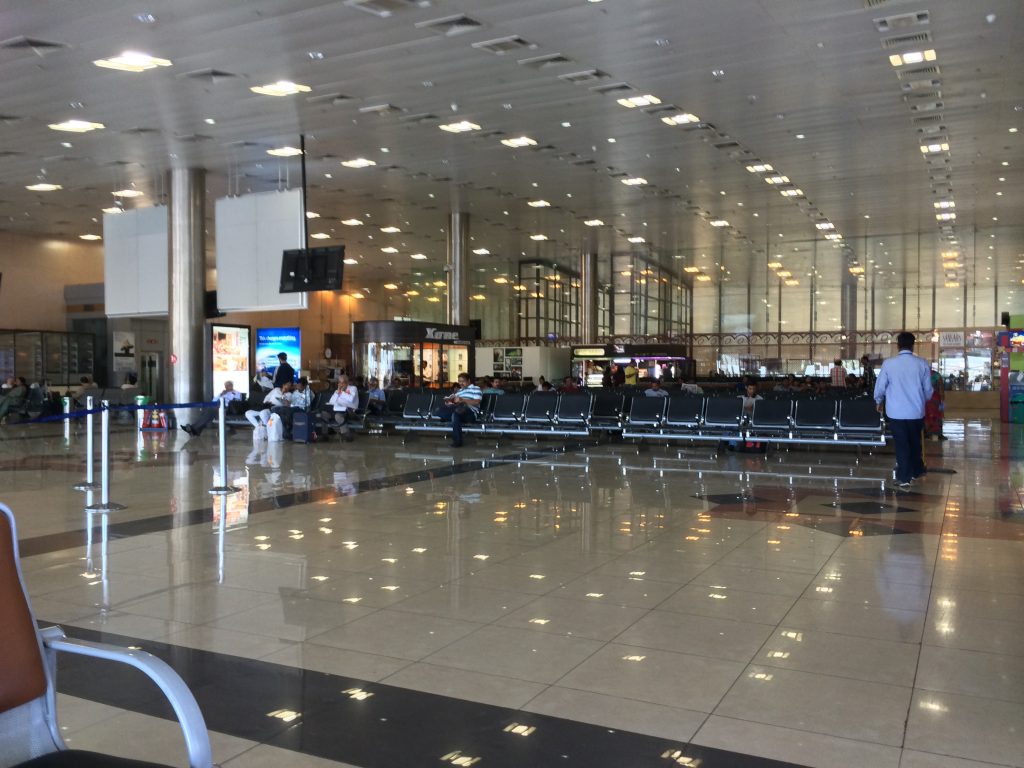India is an opportunity for travelers and business people who want to make a little money from their travels or stay in the country for extended periods of time. A different culture, wide-open spaces, and even some international hotspots can make India a fascinating place to visit. But before you go on the trip of your life, be sure to read this article about the Indian visa requirements for Dutch citizens and when your 30 days Indian visa expires. INDIAN VISA FOR NETHERLANDS CITIZENS
What Documents will you need to show to Indian authorities?
If you are traveling to India to work, you’ll need a valid visa. The most common type of visa is a business visa. You’ll also need to bring your passport and other documents required by the Indian authorities, including a letter from your employer confirming that you will be working in India.
How can you best plan your journey?
When traveling to India for work or profits, it is important to consider the different regions and cities. Here are some tips on how to plan your trip:
- Consider the time of year. The best time to visit India is during the cooler months (November through February), when the weather is milder and there are less crowds. However, temperatures can be quite hot during the summer months (March through May). WHEN DOES 30 DAYS INDIAN EVISA EXPIRE
- Choose your destination wisely. While all of India has its attractions, some places are more tourist-friendly than others. If you’re planning to stay in one city for an extended period of time, it’s advisable to choose a place with more restaurants, shopping options, and cultural attractions.
- Book your flights and lodging well in advance. Flights can get very busy during peak season (January through March), so be sure to book your tickets as early as possible. Likewise, make sure you reserve a room in advance if you’re intending to stay in a hotel; many hotels fill up quickly during high season.
- Bring plenty of cash and traveler’s checks. It’s always a good idea to have some cash on hand in case something goes wrong while you’re traveling –
What are the visas for India?
There are a few different visas that you will need to obtain if you are traveling to India for work or profit. The most common visa is the tourist visa, which allows visitors to stay in India for up to six months. Other visas you may need include a business visa, an employee visa, or a research and development visa.
Before you leave for India, make sure to check the latest travel warnings and advisories from the Indian government. This will help you understand any restrictions that may be in place and ensure that your trip goes as planned.
When do you have to return home?
Assuming you are traveling as a tourist and not for work, there are no specific rules on when you have to return home. However, many people choose to return home within a week or two of their trip’s conclusion in order to recuperate and catch up on any missed time with friends and family. Some travelers choose to extend their stay in India by up to several months in order to take advantage of the country’s numerous cultural offerings and business opportunities.
Pros and Cons of Indi visa
There are many pros and cons to traveling to India for work and profits. Here are just a few of the benefits and challenges of traveling to India as a businessperson:
Benefits of Traveling To India to Work:
-Low cost of living – Employee costs are much lower in India than in many other countries, making it an affordable destination for expatriates.
-Large population – There are over 1.3 billion people living in India, making it one of the most populous countries in the world. This large population provides enormous potential market potential for businesses looking to expand their reach into new markets.
-High quality of life – Many people in India enjoy high levels of living standards, including strong infrastructure, reliable utilities, and plenty of opportunity for education and recreation.
Challenges Associated with Traveling to India as a Business Person:
-Lack of legal protections – As a foreign businessperson working in India, you may encounter legal hurdles that prevent you from fully exploiting your opportunities. The Indian legal system is often complex and unpredictable, making it important to carefully plan your move before arriving in the country.
-Regional diversity – Although the country is broadly similar across many areas

